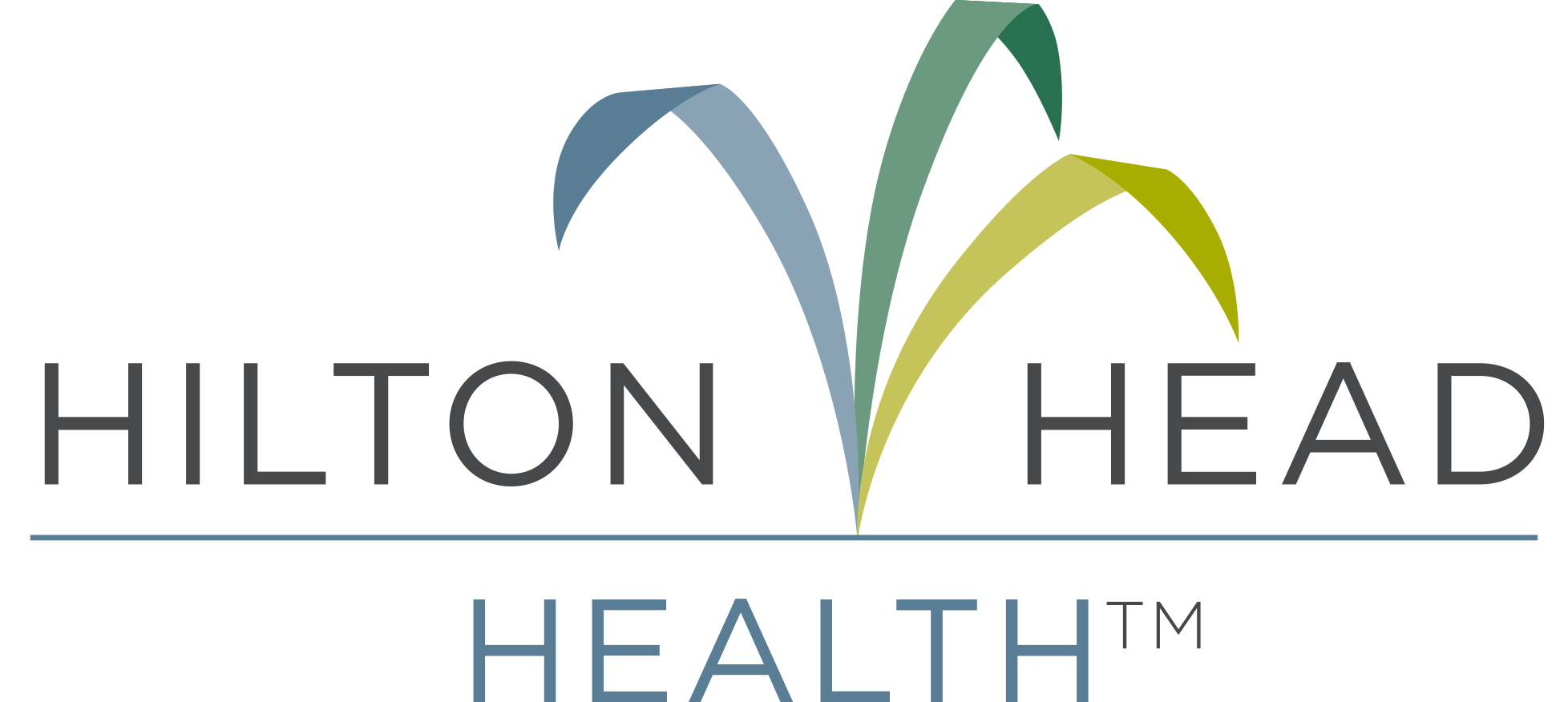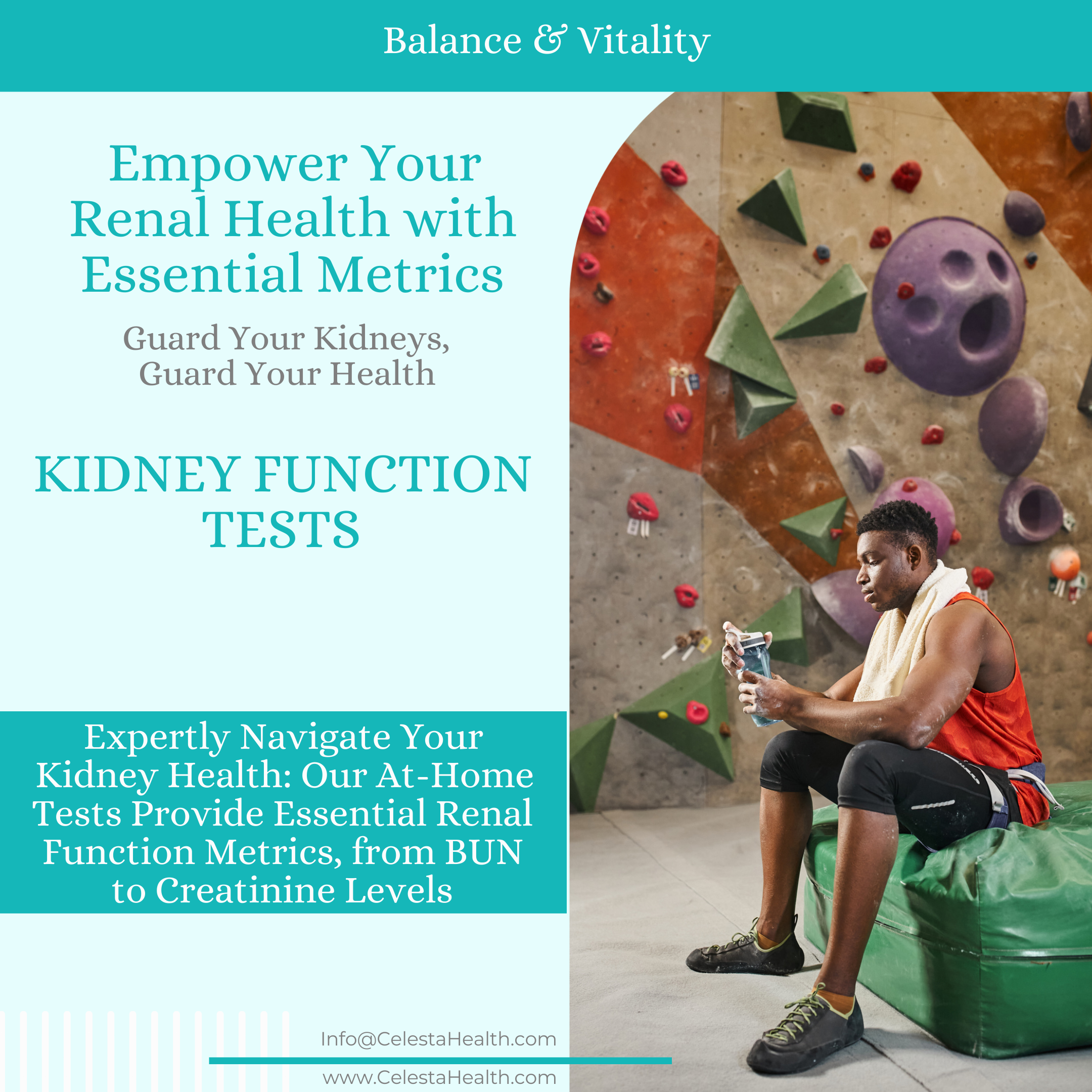Comprehensive Weight-loss Profile
$299.00
Tailor your weight-loss strategy with our At-Home Comprehensive Weight-loss Management Tests. This detailed testing kit provides insights into key health markers like cholesterol, hormone levels, vitamin D, inflammation, iron storage, thyroid function, and blood sugar control – all crucial for effective and healthy weight management.
Secure Checkout
We encrypt all transactions.
CLIA Certified Lab
We meet & exceed all CLIA standards.
Access to Consultations
Consult with our Board-Certified Physicians.
Access to Coaches & Nutritionists
Award-winning Fitness & Nutrition Coaches.
What's Measured
Total Cholesterol: This measures the overall cholesterol levels in the bloodstream. It's a sum of all types of cholesterol, providing a general overview of heart health. High total cholesterol can be a risk factor for heart disease, especially when associated with obesity.
LDL (Low-Density Lipoprotein): Often referred to as "bad cholesterol", LDL is crucial to monitor. High levels of LDL can lead to plaque buildup in the arteries, increasing the risk of heart disease and stroke. Weight management and diet play a key role in controlling LDL levels.
HDL (High-Density Lipoprotein): Known as "good cholesterol", HDL aids in removing LDL from the bloodstream, transporting it to the liver for disposal. Higher levels of HDL are generally beneficial and can help reduce the risk of heart disease. Lifestyle changes, like increased physical activity, can boost HDL levels.
Triglycerides: These are a type of fat found in the blood. High levels are often associated with obesity, poor diet, and can increase the risk of heart disease. Triglycerides are influenced by diet, exercise, and overall health.
VLDL (Very Low-Density Lipoprotein): VLDL primarily carries triglycerides to tissues in the body. Like LDL, high levels of VLDL are considered harmful and can contribute to the buildup of plaque in arteries.
Cholesterol/HDL Ratio: This calculation indicates the balance between good (HDL) and bad (LDL and VLDL) cholesterol. A lower ratio is generally better and indicates a lower risk of heart disease. This ratio is a crucial marker in evaluating the effectiveness of diet and lifestyle changes in weight management efforts.
The Comprehensive Weight-loss panel includes several other key components in addition to the lipid profile, each providing valuable insights into factors that can influence weight management and overall health:
Testosterone: In both men and women, testosterone levels can influence weight, muscle mass, and energy levels.
TSH 3rd Generation: A more sensitive thyroid-stimulating hormone test to evaluate thyroid function, which affects metabolism and weight.
Vitamin D, 25-OH: Essential for bone health, immune function, and has been linked to weight management.
C-Reactive Protein (High Sensitivity): A marker of inflammation in the body, which can be related to various conditions including obesity.
Cortisol: Cortisol is a stress hormone that can influence various bodily functions including metabolism, appetite, and weight gain. High cortisol levels can lead to increased appetite and weight gain, especially in the abdominal area.
Free Thyroxine (T4): Measures the free, active form of thyroxine, helping to assess thyroid function and its impact on metabolism and weight.
Hemoglobin A1c: Indicates average blood sugar levels over the past 3 months, important for understanding how glucose control may impact weight.
When to Test
Managing Diabetes in Conjunction with Weight Loss: The Hemoglobin A1c test is valuable for individuals with diabetes or prediabetes undertaking weight loss. It offers a view of blood sugar control over time, which can be significantly impacted by weight changes.
Assessing Hormonal Influences on Weight: Testosterone levels, for both men and women, can greatly affect weight, muscle mass, and energy levels. Imbalances may hinder weight loss efforts or cause weight gain, making this test a crucial part of the panel.
Evaluating Thyroid Function for Metabolic Health: The TSH 3rd Generation and Free Thyroxine (T4) tests are important for those struggling with weight loss. Thyroid dysfunction can slow metabolism, contributing to weight gain or making weight loss more challenging.
Understanding the Impact of Stress on Weight: Elevated cortisol levels can lead to increased appetite and weight gain, particularly abdominal fat. Testing cortisol levels can help determine if stress management should be incorporated into weight loss strategies.
Monitoring Inflammatory Markers and Their Relation to Obesity: Chronic inflammation, indicated by high-sensitivity C-Reactive Protein levels, is often linked with obesity and can affect metabolic health, thus playing a significant role in weight management.
Following Healthcare Provider’s Advice: Especially relevant when a healthcare professional recommends monitoring specific health markers in the context of weight loss, such as lipid levels, blood sugar control, or thyroid function.
Incorporating into Regular Health Screenings: Regular monitoring of these markers, including the lipid panel, can provide early warnings of potential health issues that may impact weight management efforts, like metabolic or hormonal imbalances.
In this comprehensive approach, the lipid panel is recognized as a vital tool in assessing and managing cardiovascular health as part of a holistic weight loss strategy. It works in concert with tests for blood sugar, hormonal balance, stress, and inflammation to provide a thorough understanding of the factors influencing weight loss.
Fasting Requirement:
Follow your doctor’s advice on fasting, especially if you have health conditions that require attention.
Symptoms to Watch For
Struggling to lose weight despite a healthy diet and regular exercise.
Weight gain, particularly in the abdominal area, which can be a sign of hormonal imbalances or metabolic disorders.
Exercise Intolerance or Exertion Issues:
Experiencing unusual shortness of breath, chest discomfort, or extreme fatigue during physical activities, which could indicate heart-related issues, often linked to abnormal lipid levels or metabolic disorders.
Irregular Metabolic Symptoms:
Increased hunger or thirst, frequent urination, or unexplained changes in appetite, potentially indicating blood sugar imbalances.
Episodes of feeling dizzy, shaky, or disoriented after skipping meals, which could be a sign of low blood sugar levels.
Signs of Hormonal Imbalances Affecting Weight:
In men, symptoms like decreased muscle mass, fatigue, or changes in libido.
In women, irregular menstrual cycles or symptoms suggestive of PCOS, both of which can impact weight and metabolic health.
Thyroid-Related Symptoms:
Constant fatigue, dry skin, and cold intolerance, suggesting hypothyroidism, which can slow metabolism and make weight loss difficult.
Unexplained weight loss, anxiety, and palpitations, indicative of hyperthyroidism, affecting weight and overall energy levels.
Stress-Related Symptoms:
Increased stress or anxiety, potentially leading to weight gain, especially if cortisol levels are high.
Sleep disturbances and fatigue, which can affect metabolism and weight management efforts.
Inflammatory Signs:
Persistent joint pain or stiffness, suggesting underlying inflammation that might be contributing to difficulty in weight management.
Skin conditions or other signs of systemic inflammation.
Other General Health Symptoms:
Persistent fatigue or low energy that hinders regular exercise or daily activities.
Cognitive changes like difficulty concentrating, which could be linked to poor metabolic health or hormonal imbalances.





